In the world of DIY electronics and soldering, maintaining a clean and safe workspace is paramount for both the efficiency and safety of the task at hand. Soldering, while a staple in electronics assembly, produces fumes that can be hazardous if inhaled over prolonged periods. With increasing awareness about the importance of a health-conscious workspace, the need for an effective smoke-free solution becomes evident. Enter the solder fume extractor—a pivotal tool for anyone serious about their soldering projects. In this article, we delve into the creation of a DIY 6.7 Solder Fume Extractor, which promises to be the linchpin of a smoke-free and efficient soldering environment.
### Understanding the Importance of Fume Extraction
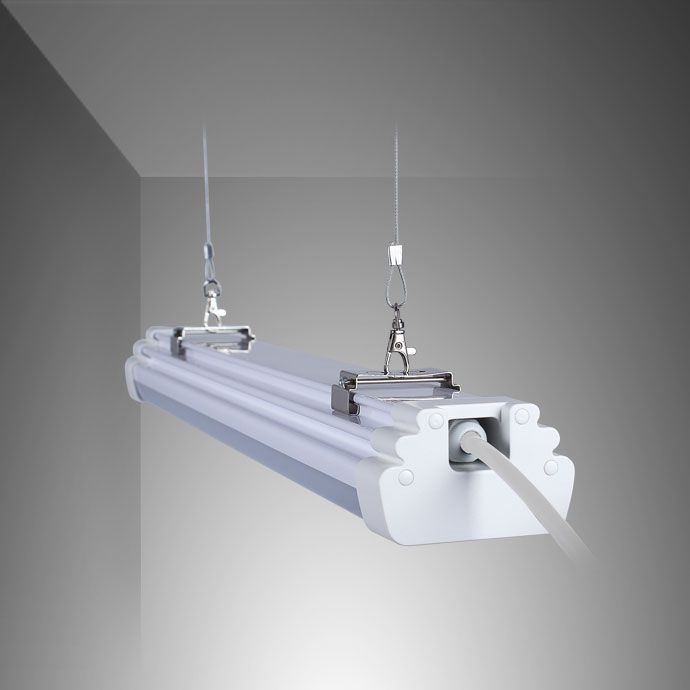
Before diving into the construction details, it's essential to understand why fume extraction is so crucial in soldering. The process involves melting solder, which emits fumes containing harmful elements such as lead, flux, and other particulates. These can cause respiratory issues, skin irritations, and other long-term health effects. Ensuring a clean air environment not only safeguards health but also enhances focus and productivity by keeping the workspace clean and odor-free.
### Key Considerations for a DIY Solder Fume Extractor
When planning the design of a solder fume extractor, several factors should be considered:
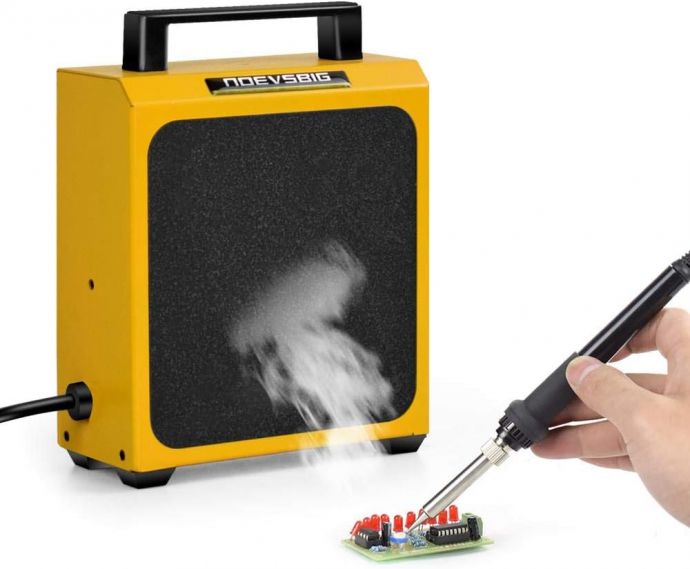
1. **Airflow Efficiency**: The extractor must be capable of pulling in fumes effectively. This efficiency is largely determined by the fan's power and the design of the intake system.
2. **Filtration System**: A robust filtration system is necessary for capturing at least 99% of fine particles. HEPA and activated carbon filters are popular choices due to their proven effectiveness.
3. **Portability and Adaptability**: The extractor should be portable enough to move around the workbench and adaptable to different workspace setups.

4. **Noise Levels**: A quieter system is preferred, especially for workspaces where concentration is key.
5. **Cost-Effectiveness**: The DIY approach often stems from the desire to balance cost with functionality. The materials chosen should reflect this balance.
### Building Your DIY 6.7 Solder Fume Extractor
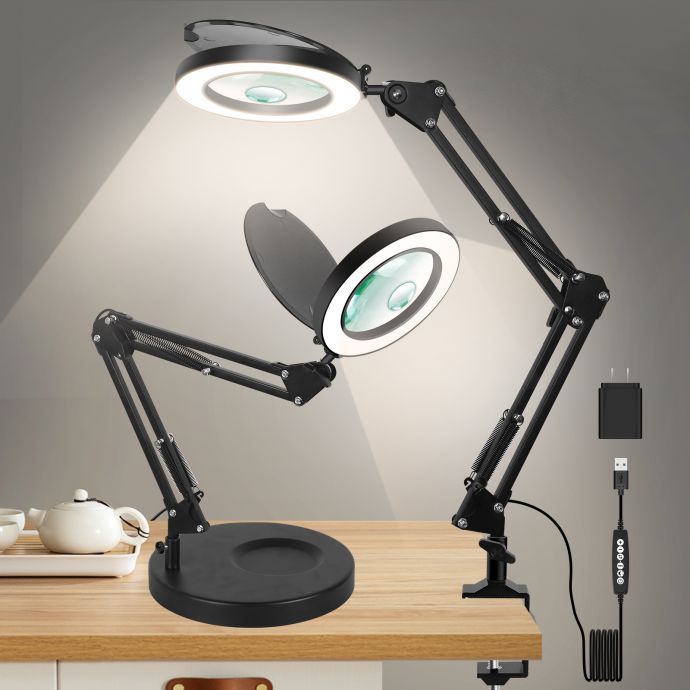
Now, let's embark on constructing your solder fume extractor. This guide walks through the components and steps necessary for building a robust system.
#### Materials Needed
- A powerful 120mm computer fan (preferably one designed for low noise and high efficiency)
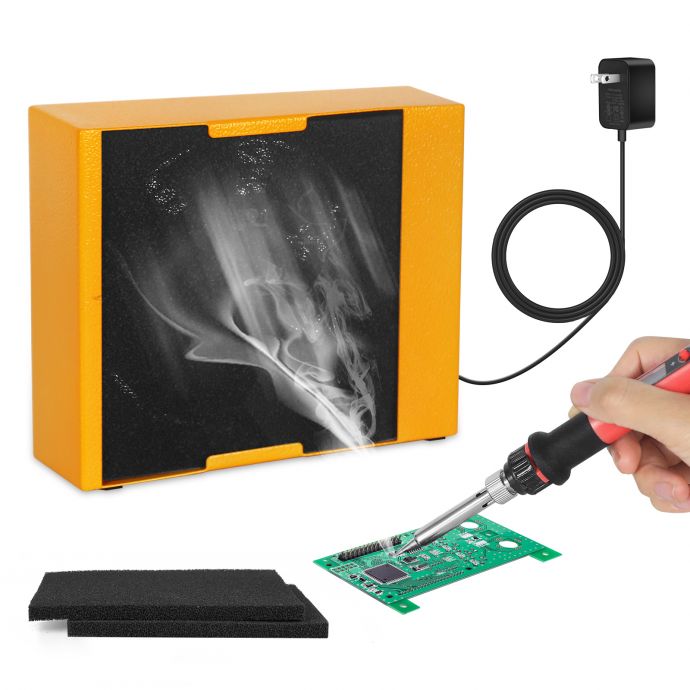
- A DC power supply adapter (12V typically suffices for most PC fans)
- A HEPA filter (size compatible with the intake area, often available from vacuum cleaner spares)
- Activated carbon filter (available from air purifier replacement parts)
- Flexible duct tubing (to extend reach and improve placement versatility)
- A suitable housing or enclosure to mount the fan and filters
- Screws and mounting brackets
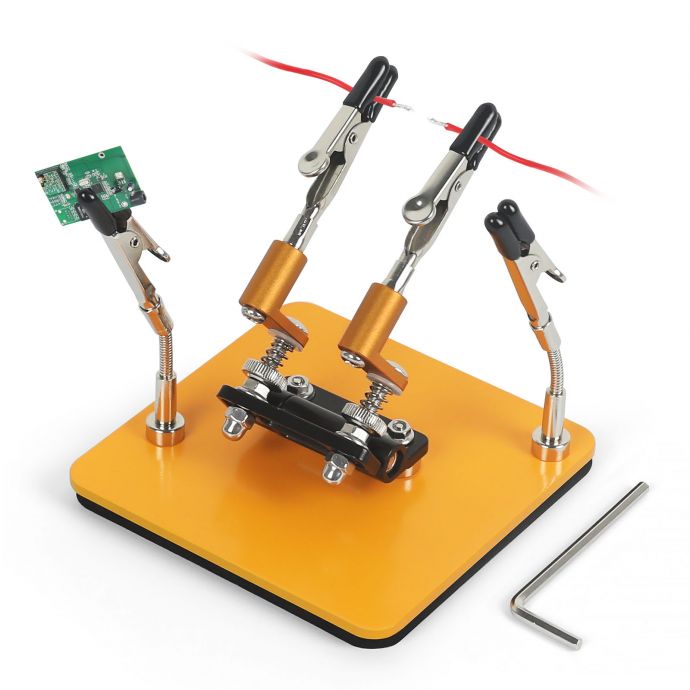
- Soldering iron and lead-free solder (for any necessary electrical connections)
- Basic tools: screwdriver, wire cutters, drill, etc.
#### Step-by-Step Construction
1. **Design the Housing**: The housing can be crafted from wood, acrylic, or metal, chosen for durability and ease of fabrication. The design should allow easy access to change the filters periodically. Ensure sufficient space for the fan and filters.
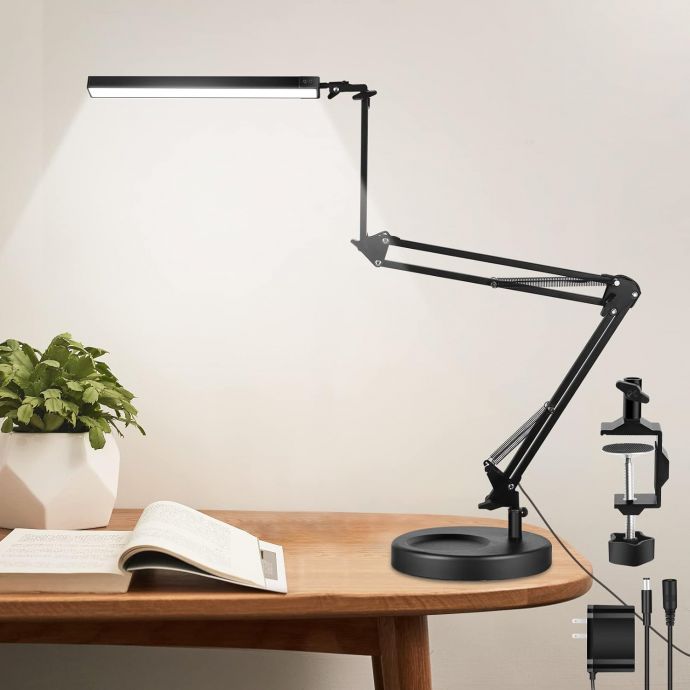
2. **Mount the Fan**: Secure the fan onto the housing's intake area. It should be positioned to draw air through the filters effectively. Ensure the fan is securely mounted using screws and brackets to prevent vibration and noise.
3. **Install the Filters**: The HEPA filter should be installed directly behind the fan, ensuring that the incoming air is first cleansed of particulates. The activated carbon filter should follow, purifying the air of any remaining odors and gases.
4. **Connect Power Supply**: Wire the fan to the DC adapter. Depending on the fan's voltage, ensure the adapter matches to avoid overpowering or underpowering the fan.
5. **Attach Ducting**: Connect the flexible duct tubing to the intake area. This tubing allows you to position the extractor close to your work area while keeping the extractor itself out of the way.
6. **Test the Setup**: Plug in your device and test the airflow. Use a non-toxic smoke source to visualize the air movement and check for any leaks or areas of inefficiency. Adjust as necessary, ensuring optimal fume capture.
### Maintenance Tips for Longevity and Efficiency
1. **Regular Filter Replacement**: To maintain high purification levels, replace the HEPA and activated carbon filters as per the manufacturer’s recommendations, or sooner if visibly dirty.
2. **Check Wiring and Components**: Periodically inspect the electrical components for wear and tear, especially the connecting wires which might loosen over time.
3. **Clean the Housing**: Dust and particulates can accumulate on the outer surfaces of the extractor. Regular cleaning ensures optimal performance and lifespan.
4. **Monitor Fan Performance**: The fan should operate smoothly. Any unusual noise or reduced performance may indicate the need for maintenance or replacement.
### Enhancing Your Soldering Workspace
Integrating a custom-built solder fume extractor can transform a chaotic, smoke-filled workspace into a clean, efficient, and safe environment. Not only does it improve the quality of air—a significant factor in maintaining health—it also enhances focus, making soldering more precise and enjoyable.
The DIY 6.7 extractor is more than just a tool—it's an investment in your workspace, reflecting a commitment to health, safety, and excellence in craftsmanship. Whether you’re a hobbyist or a seasoned professional, your work is bound to benefit from this invaluable addition.
In the grand scheme, creating a smoke-free environment empowers you to pursue your projects with renewed zeal, knowing that each solder joint contributes to a healthier future. As you embark on this DIY journey, remember that the small steps toward efficiency and safety often lead to the most significant leaps in productivity and innovation.









